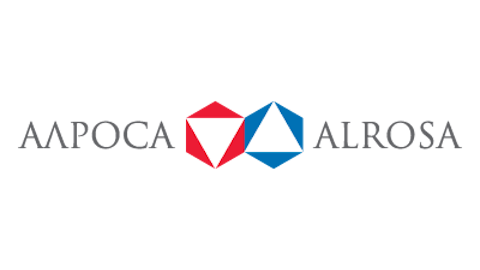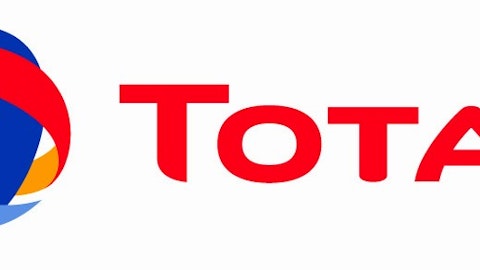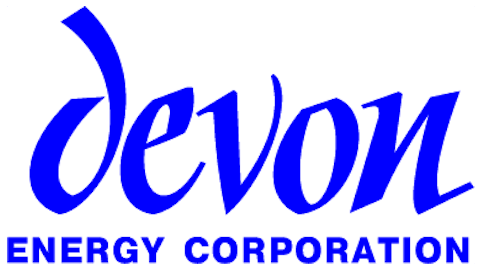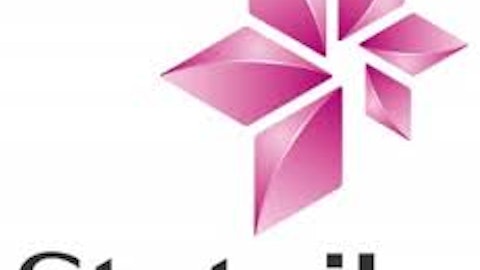Shifting regulatory sands are generating tremors beneath the extractive industry’s once solid ground, and some companies are running scared. A high-stakes fight is now brewing in the wake of a recent court decision.
Dodd-Frank
Two sections of the Dodd-Frank Wall Street Reform and Consumer Protection Act target corporate activity in parts of the world where corruption and human rights violations are especially prevalent. Section 1502 addresses the ongoing conflict in the Democratic Republic of Congo, requiring that companies disclose their use of conflict minerals from that region in their products. After the Chamber of Commerce and the National Association of Manufacturers lost their recent court challenge, ostensibly all possible obstacles to implementation have been cleared.
This week’s developments relate to Section 1504, known as the “Cardin-Lugar” provision, which mandates that companies disclose all payments greater than $100,000 to governments for the extraction of oil, gas, or minerals. A U.S. district court, in response to a lawsuit the American Petroleum Institute, or API, filed against the SEC, had struck down the SEC’s original rules under this section earlier this year, taking issue with the commission’s intent to make companies’ full filings public — as opposed to summaries — and to the SEC’s refusal to grant exceptions for payments to countries that prohibit payment disclosure.
The SEC had until Monday to appeal the court’s decision, and it chose not to do so. That means it’s back to the drafting table for the SEC, which will certainly revive intense jockeying for influence from all sides.

Battle lines
In one corner we have a coalition of environmental and human-rights NGOs, investors, and senators. Oxfam America joined a group of 44 investors collectively representing more than $5.6 trillion of assets under management — with Calvert Investments at the helm — and Sens. Benjamin Cardin (D-Md.), Patrick Leahy (D-Vt.), Carl Levin (D-Mich.), and Edward Markey (D-Mass.), along with former Sen. Richard Lugar (R-Ind.), to pressure the SEC. The group sent a letter to the SEC on Aug. 14, praising the commission for the rules it had originally issued and urging the SEC “to continue its vigorous defense of the Section 1504 rules as it responds to the U.S. District Court’s decision.”
In the other corner is the API, with strong backing from such companies as BP plc (ADR) (NYSE:BP) and Royal Dutch Shell . The API argues that the rule should be scrubbed because it would hand their competitors an unfair advantage, in that state-owned enterprises and private companies would not face the same transparency requirements.
In contrast to Shell’s support for the API’s stance, one of the company’s former senior executives published an opinion piece in The Guardian earlier this year in which he advocated for efforts toward greater transparency. Regarding a similar rule that was under consideration in Europe, Alan Detheridge expressed his concern that his former industry was trying to water down transparency rules.
Interestingly, several companies have distanced themselves from the API’s stance. Newmont Mining Corp (NYSE:NEM) has a website on which it expresses full support for the Section 1504 requirements. The company already fully discloses its payments to governments, so it will be ready when the requirement comes into force. Earlier this year, the Norwegian oil company Statoil ASA(ADR) (NYSE:STO) said it had “explicitly withheld support for the litigation.” Rio Tinto plc (ADR) (NYSE:RIO) sees the potential for competitive advantage in transparency, in that firms can provide host governments with clear evidence of how they contribute to government revenues and communities.




